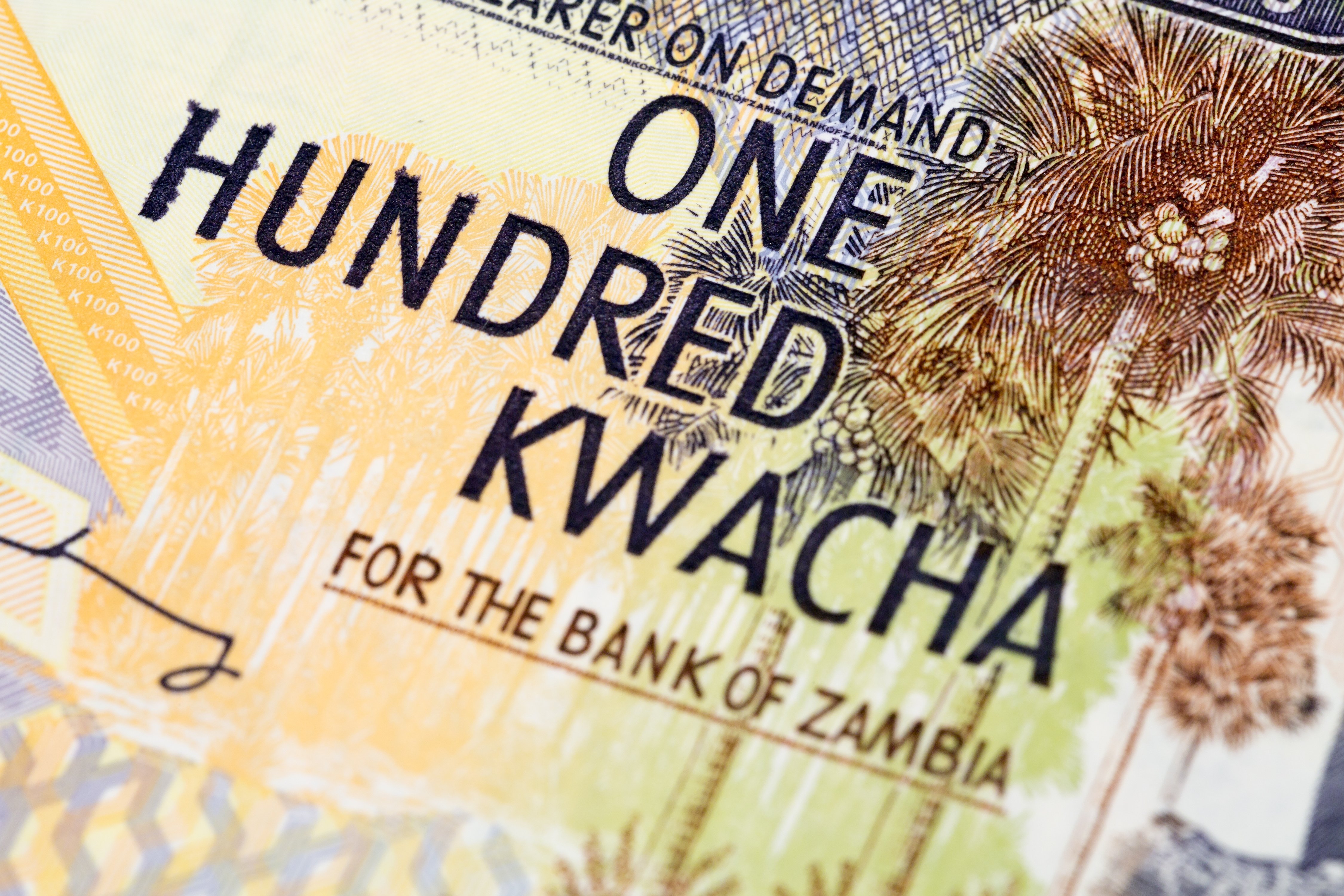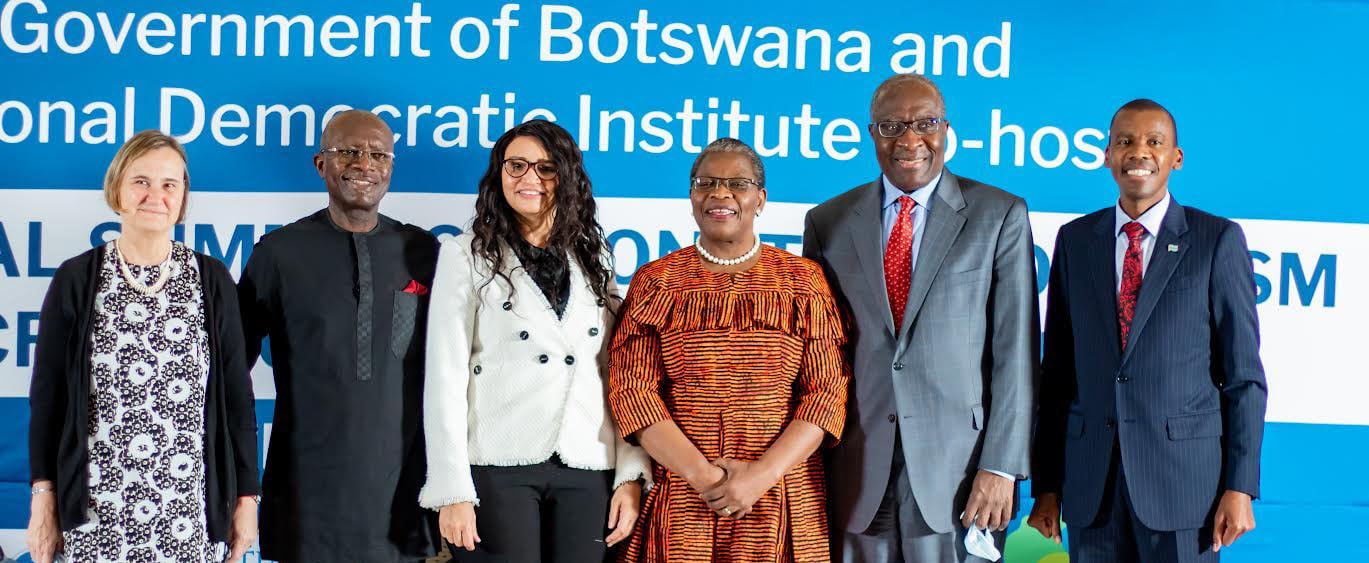Information integrity is a growing concern to strong democracies globally, as unreliable and inaccurate information threaten citizens' ability to hold their government accountable. Since independence in 2008, Kosovo has progressed in establishing strong democratic institutions, but it continues to face political, ethnic, and gender-based tensions, as well as frequent instances of foreign interference and a high level of citizens online.
By Kristen Sample Director, Democratic Governance, National Democratic Institute (NDI)
The expression “all politics is local,” meaning that a politician’s success hinges on his or her ability to understand and influence the issues of constituents, held true for generations. In today’s world, however, the increasingly globalized nature of corruption subverts local democratic politics and processes.
Gaborone, Botswana - The National Democratic Institute (NDI) and partners presented the Gaborone Declaration in Support of Constitutionalism and Democratic Consolidation today, after concluding an international summit gathered in this city from July 6 to 8, 2022.
The summit was co-hosted by the Government of Botswana and NDI in partnership with Open Society Foundations - Africa, Kofi Annan Foundation, Katiba Institute, Afrobarometer, Tournons la Page, Africtivistes, African Network of Constitutional Lawyers, Presidential Precinct, and University of Botswana.
According to new polling by the National Democratic Institute (NDI), Ukrainians are deeply united in the face of Russia's full-scale invasion. Ukrainians are committed to their country’s democratic development, with a historic 94 percent of respondents saying that fully functioning democracy is important to them. Despite the full-scale invasion, respondents show unprecedented optimism about Ukraine’s future: 87 percent reported that they are optimistic about the future of the country.



